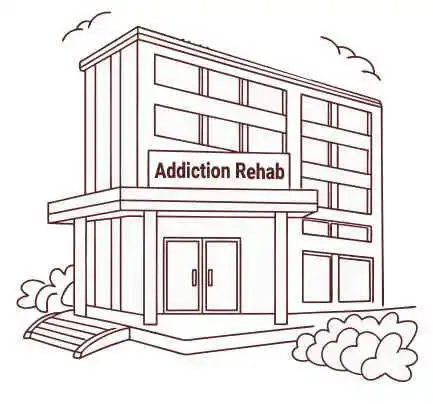About Lifetime Recovery – San Antonio
Lifetime Recovery is an alcohol and drug addiction center located in San Antonio, Texas. Their continuum of care bridges a critical gap by providing services to those who have no insurance, no financial means, or must rely on the safety net programs of the community.
Lifetime Recovery provides men’s residential treatment and co-ed outpatient programming.
The residential program at Lifetime Recovery is the largest residential gender-specific program in Texas. This program is for those who need to be removed from their home environment in order for recovery to work. Through high levels of structure, accountability, and community, and higher levels of support, treatment becomes a priority. Foundational tools are put into place through individual and group therapy, along with psycho-educational classes.
At Lifetime Recovery, participants engaged in outpatient services are provided treatment in the least restrictive setting to enable them to continue with their daily lives, such as remaining in their homes and maintaining their employment. Outpatient clients take part in 2 – 3 classes each week. The classes meet for 3 – 6 months depending on what is needed for each person.
Individual therapy creates the space to explore the psychological challenges associated with the addiction. With the help of a professional, individuals are given the space and direction to talk about and process their emotions. Often this includes unresolved trauma, anger, depression, anxiety, and the need for more control or autonomy in life.
Group therapy involves treatment through the process of connecting in a group setting to discuss and work through mental, emotional, and physical issues. There are a number of different group therapy modalities, including support groups, experiential therapy, psycho-education, and more.
Aftercare programming is for individuals who have successfully gone through a treatment program but who desire or need continual support once they return home. These programs often include alumni groups, group therapy, 12 Step meetings, SMART meetings, and individual therapy. The purpose is to provide a safe space to continuously work on recovery.
